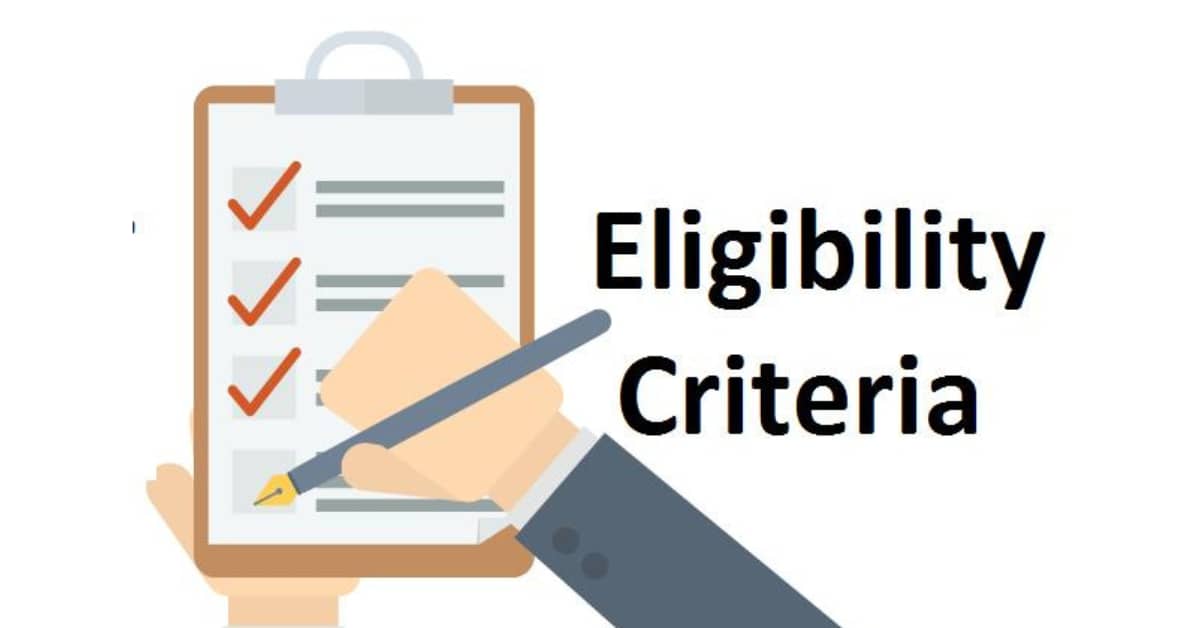In the realm of real estate, the decision to pursue a short sale is often prompted by financial hardships that homeowners face. A short sale can provide a way to sell a property for less than what’s owed on the mortgage, thereby avoiding foreclosure. However, the eligibility criteria for a short sale are not one-size-fits-all and require careful consideration. As an Orlando realtor, I’m here to shed light on the question, “Do I qualify for a short sale?” by exploring the factors that determine eligibility and offering insights into the assessment process.
Understanding Short Sales: A Brief Overview
Before delving into the eligibility criteria, let’s briefly recap what a short sale entails. A short sale occurs when a homeowner is unable to keep up with mortgage payments due to financial hardships, and the property’s current market value is less than the outstanding mortgage balance. In such cases, the homeowner may opt for a short sale as an alternative to foreclosure. While short sales offer relief, they involve a multi-step process that requires the coordination of various parties, including lenders, buyers, and realtors.
Factors That Influence Short Sale Eligibility
The eligibility criteria for a short sale can vary, but certain factors play a significant role in determining whether a homeowner qualifies. As a realtor, I work closely with homeowners to assess their circumstances and determine their eligibility. Here are some key factors to consider:
1. Financial Hardship
Financial hardship is a central aspect of short sale eligibility. This hardship could be the result of job loss, medical expenses, divorce, or other unforeseen events that impact the homeowner’s ability to meet mortgage payments. A documented financial hardship is often a prerequisite for lenders to consider a short sale.
2. Insufficient Equity
The core premise of a short sale is that the property’s market value is lower than the outstanding mortgage balance. Homeowners with significant equity in their homes are less likely to qualify for a short sale, as the financial need may not be as pressing.
3. Inability to Afford Mortgage Payments
Homeowners must demonstrate that they are genuinely unable to afford their mortgage payments. This can be determined through a thorough assessment of their income, expenses, and financial obligations.
4. Property Value
An appraisal or market analysis is typically conducted to determine the current market value of the property. If this value is considerably lower than the mortgage balance, it strengthens the case for a short sale.
5. Lender Approval
Ultimately, the lender’s approval is a pivotal factor in short sale eligibility. The lender must agree to accept a lower payoff than the outstanding mortgage balance. This decision is influenced by the homeowner’s financial situation, the property’s value, and the lender’s own policies.
Navigating the Assessment Process with a Realtor
As a realtor, my role is to guide homeowners through the assessment process to determine their eligibility for a short sale. Here’s how the process typically unfolds:
1. Initial Consultation
The process begins with an initial consultation during which I gather information about the homeowner’s financial situation, their reasons for pursuing a short sale, and the property’s details.
2. Financial Documentation
To assess financial hardship and eligibility, homeowners need to provide financial documentation. This may include pay stubs, tax returns, bank statements, and a hardship letter that explains their situation.
3. Property Valuation
I collaborate with appraisers or use comparable market analysis to determine the property’s current market value. This step is crucial in gauging whether the property’s value supports the pursuit of a short sale.
4. Lender Communication
I communicate with the lender to discuss the homeowner’s situation, present documentation, and initiate the short sale approval process. Open communication with the lender is key to obtaining their consent for the short sale.
5. Decision and Next Steps
Based on the information gathered, I provide homeowners with an assessment of their eligibility for a short sale. If it’s determined that a short sale is a viable option, we move forward with listing the property, engaging potential buyers, and navigating the negotiation process.
Benefits of Working with a Realtor
Collaborating with a realtor during the short sale assessment process offers several benefits:
1. Expert Guidance
The Realtors at ORC are well-versed in the intricacies of short sales. They can assess the homeowner’s situation objectively, provide expert advice, and guide them through the entire process.
2. Negotiation Skills
Realtors possess negotiation skills that are vital when communicating with lenders and other parties involved in the short sale process. This skill set enhances the likelihood of a successful outcome.
3. Market Knowledge
Realtors have a deep understanding of the local real estate market, which is essential for determining property values and setting realistic expectations.
4. Communication Liaison
Realtors act as effective communicators between homeowners, lenders, and potential buyers. This role ensures that everyone is on the same page and that information is conveyed accurately.
5. Emotional Support
The emotional toll of financial distress and the uncertainty of a short sale process can be overwhelming. Realtors provide emotional support, offering a guiding hand during a challenging time.
Conclusion

The question “Do I qualify for a short sale?” is a crucial one for homeowners facing financial hardships. As a short sale realtor in Orlando, I am dedicated to guiding homeowners through this assessment process with empathy, expertise, and a commitment to their best interests. By assessing key factors such as financial hardship, equity, affordability, property value, and lender approval, I help homeowners make informed decisions about pursuing a short sale. The role of a realtor extends beyond transactions; it’s about empowering homeowners to regain control of their financial future and navigate the complexities of real estate with confidence.


